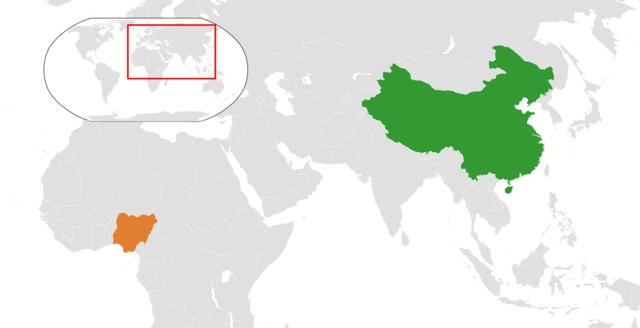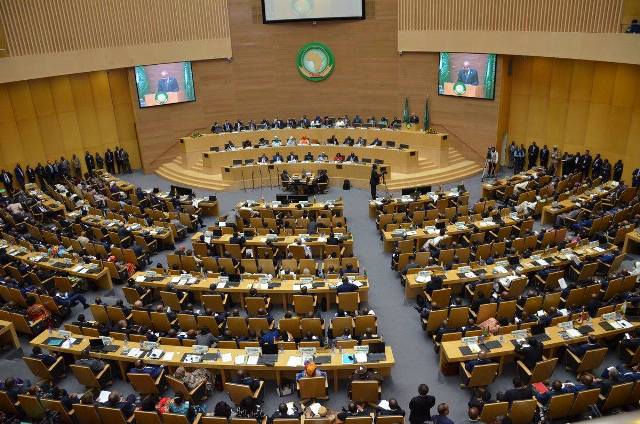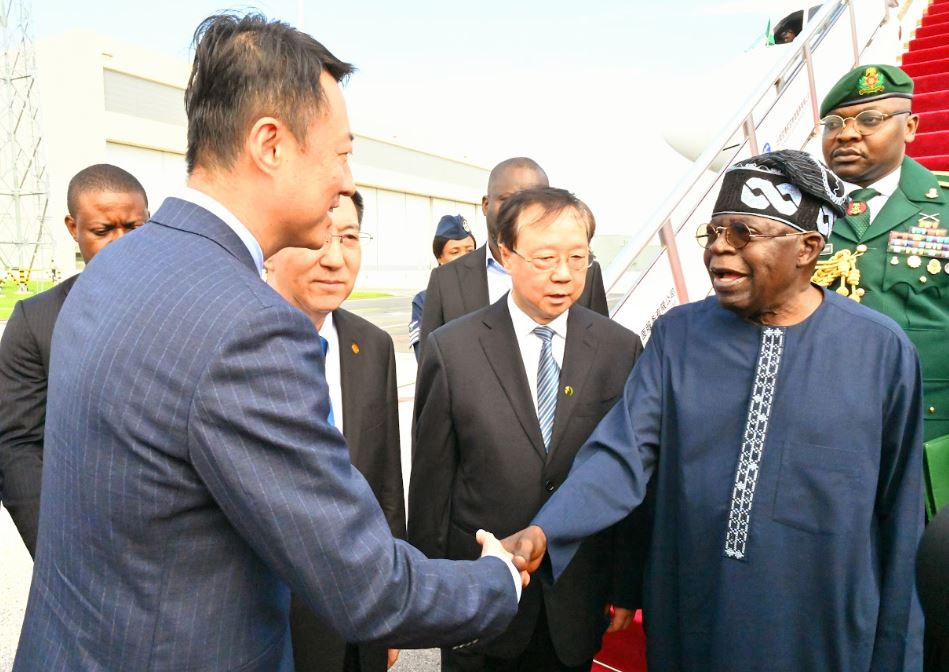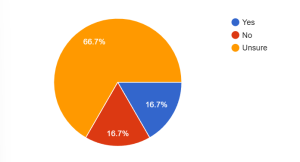As Nigeria continues to make progress in strengthening its foreign policy, the country has strategically focused on its relationship with China. This partnership is highly pragmatic, rooted in economic cooperation, political support, and a shared emphasis on South-South solidarity. Nigeria increasingly views China as a key ally in addressing developmental challenges.
China is Nigeria’s largest trading partner, with bilateral trade valued at over $13 billion annually. Nigeria exports crude oil and other commodities to China while importing machinery, electronics, and consumer goods. To balance this trade relationship, Nigeria has encouraged Chinese investments in manufacturing to reduce import dependency. Furthermore, China plays a significant role in financing and constructing critical infrastructure in Nigeria, including railways, airports, and power projects.
Both nations align on promoting South-South cooperation, focusing on mutual development among developing countries. Their partnership provides an avenue to challenge Western-dominated global systems and foster a multipolar world order. Nigeria has consistently supported China’s One-China Policy, affirming that Taiwan is an integral part of China. In return, China supports Nigeria’s sovereignty and territorial integrity in international forums, such as the United Nations.
The recent visit by the Chinese Foreign Minister to Nigeria underscores the deepening of Nigeria-China relations amid the evolving multipolar global order. However, with the potential return of Donald Trump as President of the United States, Nigeria must adopt strategic, balanced approaches to navigate the complexities of global power dynamics. Trump’s foreign policy, characterized by the “America First” doctrine, skepticism of multilateralism, and focus on transactional relationships, will reshape the global power structure.

Strategic Recommendations
1. Embrace Multipolarity with Strategic Flexibility
Nigeria should:
- Diversify Partnerships: Strengthen relationships with China, the European Union, Russia, and emerging powers like India and Brazil, while maintaining strong ties with the United States.
- Strengthen Regional Leadership: Solidify its role as a leader in Africa by leveraging platforms such as the African Union (AU) and ECOWAS to champion African interests globally.
2. Optimize Relations with the United States
Under Trump, Nigeria must recalibrate its approach to U.S. relations:
- Economic Diplomacy: Emphasize Nigeria’s market potential and strategic importance in Africa to attract U.S. investments in energy, technology, and infrastructure.
- Defense Cooperation: Position Nigeria as a key partner in counterterrorism, particularly against Boko Haram and ISIS-affiliated groups, to sustain U.S. military support.
- Leverage Diaspora: Mobilize the Nigerian diaspora in the U.S. to advocate for stronger bilateral relations.
3. Strengthen Relations with China and Russia
- China: Deepen economic cooperation under the Belt and Road Initiative while addressing trade imbalances and debt concerns.
- Russia: Expand collaboration in energy, defense, and agriculture, tapping into Russian expertise in nuclear energy and arms production.
4. Boost Regional and Continental Cooperation
Nigeria’s influence in a multipolar world depends on its leadership role in Africa:
- African Continental Free Trade Area (AfCFTA): Position Nigeria as a manufacturing and trade hub to reduce dependency on external powers.
- ECOWAS Integration: Lead efforts to ensure political stability and economic integration in West Africa.
5. Leverage Strategic Assets
- Energy Diplomacy: Use Nigeria’s status as a major oil and gas producer to engage traditional and emerging powers for investments and technology transfer.
- Human Capital: Leverage Nigeria’s youthful population and large consumer market to attract global partners seeking new markets.
6. Adopt a Pragmatic Foreign Policy Approach
- Issue-Based Alliances: Form coalitions on issues like climate change, trade, and migration to amplify Nigeria’s global voice.
- Non-Aligned Strategy: Avoid over-reliance on any single power bloc while maintaining autonomy in decision-making.
7. Invest in Domestic Stability and Development
Nigeria’s global influence depends on domestic strength:
- Economic Diversification: Reduce dependency on oil exports by investing in manufacturing, agriculture, and technology.
- Security and Governance: Address internal security challenges and improve governance to attract foreign investment and enhance global credibility.
Navigating Trump’s Sphere of Influence
Trump’s transactional diplomacy and emphasis on bilateralism may challenge multilateral cooperation. However, Nigeria can benefit by:
- Framing Strategic Interests: Present itself as a critical partner in U.S. economic and security goals in Africa.
- Tapping into U.S. Investment Appetite: Highlight opportunities in Nigeria’s energy and technology sectors for American businesses.
- Mitigating Aid Reductions: Compensate for potential U.S. aid cuts by fostering partnerships with the EU, China, and multilateral organizations.

Conclusion
Nigeria can successfully navigate the emerging multipolar world by adopting a balanced, pragmatic foreign policy that leverages its regional leadership, natural resources, and strategic partnerships. While Trump’s presidency may introduce uncertainties, Nigeria’s adaptability and proactive diplomacy can transform challenges into opportunities, securing its position as a key player in the new global order.
Mazi Godson Azu is a UK International Relations Expert and Global Analyst. He is also the Director of the C&M Centre for Leadership and Good Governance, UK.




